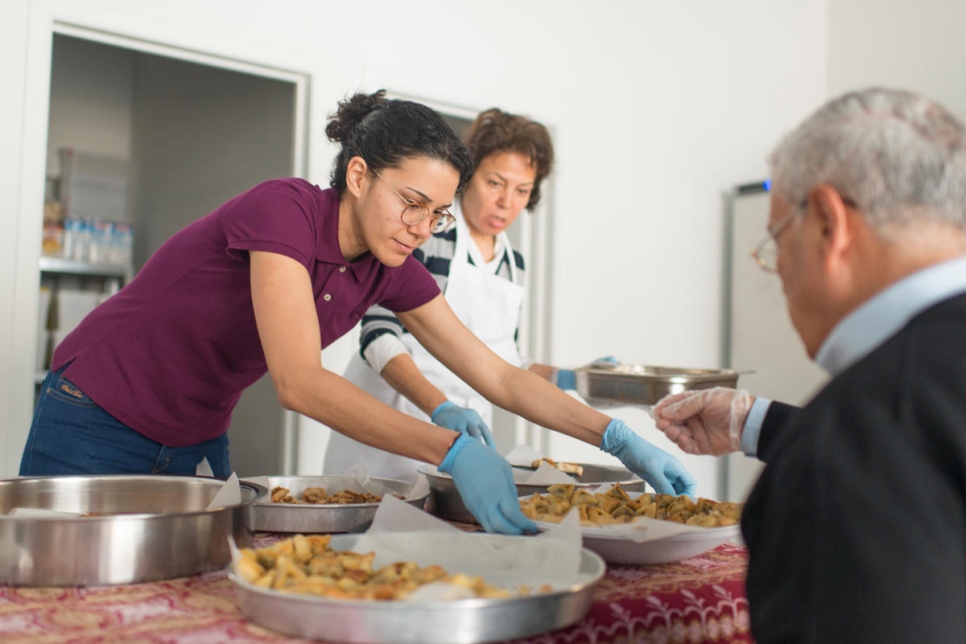UN urges countries to integrate refugees into labour market


By Fauxile Kibet
The UN refugee agency UNHCR has called on countries to adopt proactive labour policies to tap into the potential of refugees noting this would create a win-win situation in host communities.
Speaking during the launch of a joint action plan Tuesday with the OECD bloc, UNHCR assistant commissioner for Protection Volker Türk said refugees bring in skills and talents to host countries which can be utilized for common good.
“This Action Plan shows the way forward to ensure that the economic potential of refugees is fully harnessed, contributing to their social integration and offering a win-win situation to refugees, employers and host communities,” said UNHCR’s Assistant High Commissioner for Protection, Volker Türk.
The organisation for Economic Co-operation and Development (OECD) Director for employment labor and Social Affairs Stefano Scarpetta observed that harnessing the full potential of refugees in receiving economies and societies requires a whole of government approach in close partnership with the civil society.
“Employers can and should play a central role in this process, but need to be supported by sound policy and actions from other stakeholders, including at the local level. Together we can make the most of refugee skills, talent and potentials,” he said.
VARIOUS ACTORS
He further noted that for the initiative to be successful, a large range of actors must be involved and well coordinated. The joint is the result of a large consultative process, which included employers, trade unions, civil society organizations, governments and refugees.
“Having launched our own refugee inclusion program at IKEA Switzerland 2.5 years ago, we participated in several OECD and UNHCR dialogues on “Employing Refugees”. It is great that the joint endeavours by these two organizations with many other stakeholders has resulted in this broad, but concrete, multi-stakeholder ‘Action Plan,” said Lorenz Isler, Sustainability Manager, IKEA Switzerland.
IGAD leaders meeting in Nairobi last year called on member countries to adopt labour policies which could see hundreds of thousands in the region gainfully participate in host countries.
Kenya’s Dadaab camp currently hosts over 300,000 Somali refugees after several of them left the camp following a joint repatriation programme between Somalia, Kenya and UNCHR. The refugees have however not been given rights to work in most host countries in the region. Uganda however has been singled out as a role model in integrating refugees into the local economy.
ACTION AREAS
The plan identifies action areas that are key to ensure the successful labor market integration of refugees, such as; initial stock-taking of refugees’ skills and the identification of possible skills gaps and matching of refugees’ skills with employers’ labor needs, identifying steps needed to ensure equal opportunities and to prepare the work place to welcome and integrate new refugee colleagues.
It also intends to offer support to employers who have to navigate the administrative framework regarding work rights of refugees and also identify the need for sufficient legal certainty on the length of stay of refugee workers and for a sustainable model of refugee employment.
“This Action Plan fully supports a new approach, whereby refugees would be included in the communities from the very start, gain access to jobs and become self-reliant, contributing to local economies and to the development of host communities,” said Türk.